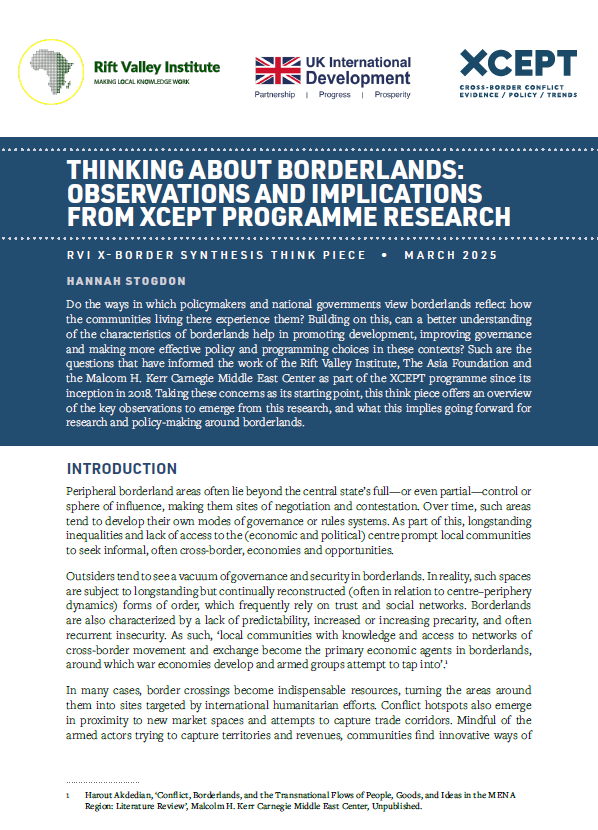 Famine used to kill ten million people every decade but by the early 2000s it had all but disappeared. Today, famine is resurgent, driven by wars, food blockades, hostility to humanitarian principles and a volatile global economy.
Famine used to kill ten million people every decade but by the early 2000s it had all but disappeared. Today, famine is resurgent, driven by wars, food blockades, hostility to humanitarian principles and a volatile global economy.
In Mass Starvation: The History and Future of Famine, Alex de Waal, author of Famine that Kills and Famine Crimes, provides a history of modern famines. Examining their causes and dimensions he argues that it is political decisions and political failings that drive famines. The book describes how forced starvation has been used as an instrument of genocide and war and should therefore be considered a crime. The spread of democracy, human rights and the end of wars helped bring a near end to the scourge of famine on the African continent. In light of its resurgence, the political decisions that can prevent famine must become a top priority for the international community.
On 3 July, the Rift Valley Forum hosted the launch of Mass Starvation followed by a panel discussion on famine and humanitarian response in the Horn of Africa.
Speakers
Alex de Waal
Author
Moderator
Abdurahman Sharif
Somalia NGO Consortium
Discussants
Grainne Mairead Moloney
UNICEF
Peter Hailey
Centre for Humanitarian Change


